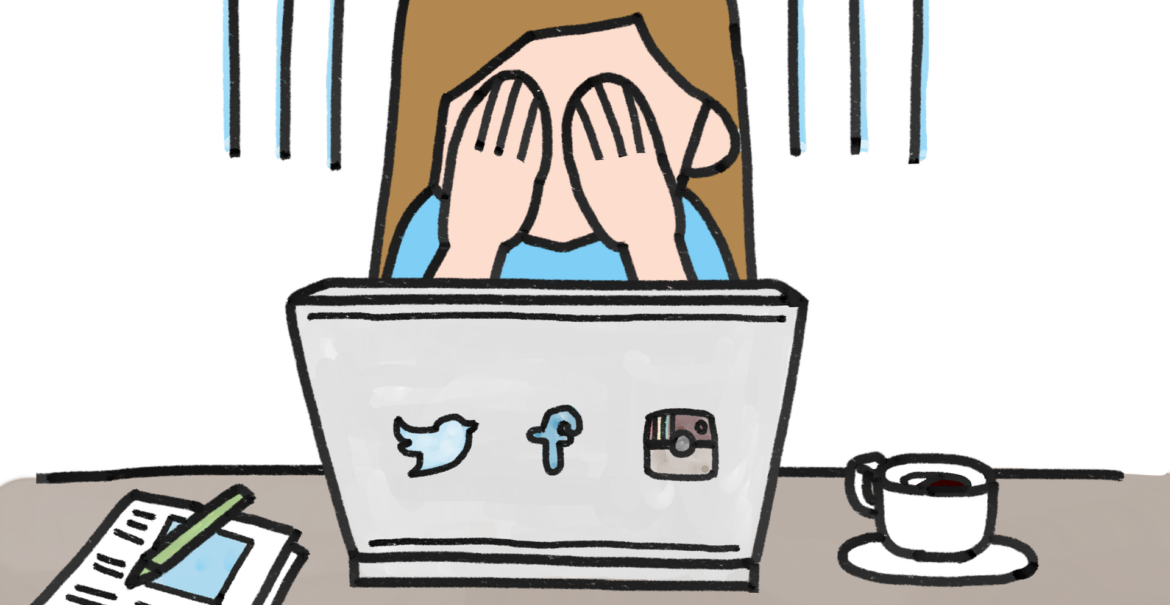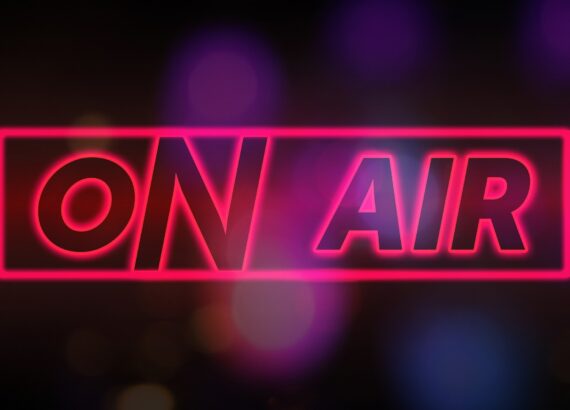Should you join Twitter?

Whether or not it’s beneficial for economists to be on Twitter periodically comes up in my conversations, largely with people who are not on Twitter. My overall advice has been (and continues to be) that it’s beneficial to join Twitter if you have good self-control.
But just in case you don’t take my advice blindly (you most definitely should not), I will explain the pros and cons of joining Twitter in more detail. To illustrate one of the biggest benefits (in my opinion), I asked economists on Twitter (#EconTwitter) what they see as the pros and cons. Here is the summary of their takes mingled with my own.
Pros:
- Learn about interesting new research. Lots of people tweet about their own & others’ papers on Twitter.
- Be up to date on what’s going on in the profession. Information about conferences, paper calls, job opportunities, funding opportunities, etc. is shared frequently.
- Disseminate your own research. Twitter offers a great opportunity to have more people hear about your paper and tweeting is a great exercise in distilling your paper into its most important points.
- Broaden your network. The econ community on Twitter is a global one (>2000 RePEc-registered economists) and is almost surely broader than one’s off-Twitter network. Can be particularly useful for economists with smaller networks!
- See perspectives you otherwise would miss out on. The community is broader and so are the perspectives. You can see (and join) lots of interesting conversations and debates, for example policy discussions and constructive discussions of issues with the profession as a whole.
- Get a variety of good advice. Twitter has helped me with econometrics, examples of research statements for tenure, and examples of tenure recommendation letters, among other things. There are writing tips, programming tips, teaching tips, professional development tips, publishing tips, tweets with lists of useful resources for PhD students and faculty alike, and more.
- Connect with policymakers and journalists. Can increase the impact of your research and also give you research ideas.
- Get some new research ideas. I co-authored a paper based on a conversation that started on Twitter, and others have as well. This is not super common (yet?) but could happen.
- Socialize, connect, and have fun. It’s common to share about professional ups and downs on Twitter – paper rejections, R&Rs, PhD completions, and the like. Some economists tweet about personal issues. There are econ jokes, memes, and, among other things, an AEA 5K that’s advertised through Twitter.
To see examples of what’s best about Twitter without joining, check out best of #econtwitter from last week (there are older entries as well).
Cons:
- Not every conversation is kind, respectful, and reasonable. You will inevitably see or have some negative interactions that will disturb you to some degree. More generally, bullies and trolls can appear on your feed and/or comment on your posts.
- Time management can be hard. It’s easy to spend a lot of time on Twitter without a clear benefit.
- Nuance is sometimes lost. Even with the ability to link multiple 280-character Tweets together into a thread, expressing oneself adequately on Twitter is not always easy.
- People are sometimes wrong. Often, the feedback and comments I get from people on Twitter are helpful, but sometimes people will make incorrect statements that may go uncorrected.
Suggestions for managing the cons:
- Curate your feed carefully. The cost of following a lot of people is low, but WHO you follow will affect the quality of your experience. Unfollow, mute, or block people you find objectionable/offensive.
- Be selective in how you engage. You will not be able to read every single interesting tweet. Don’t feel the need to respond to every comment, even on your own tweets, or engage in every interesting conversation. Disable Twitter notifications if you find yourself too distracted by it.
- Be judicious. Don’t take everything you see on Twitter as fact, even if stated by a prominent economist. If it’s important to you, follow it up with further research.
- Don’t compare yourself to others. Remember that what people post on Twitter is a selected sample of their lives.
- Take a break if you want to. If you find that being on Twitter upsets you too much, you can also leave permanently.
For other perspectives and specific suggestions on how to get started with setting up your profile and feed, see Gema Zamarro’s “Twitter in Academia” and Sarah Jacobson’s “Networking with Twitter” and “Using Twitter to Make Your Professional Life Better, Not Worse” (pg. 20)
This overview brings me back to my overall advice: join Twitter if you have good self-control (i.e., if you can confidently limit your Twitter use to whatever you are comfortable with). If you’re not sure, try it for a month and see how it goes!
If you do join, start by checking out @WelcomeEcon. Tag them in a tweet and they will retweet to introduce you to the #EconTwitter world!




Eric B Rasmusen
I’m surprised that you don’t list as a downside the possibility of being dissed by a bad-boyfriend Twitter account and having one’s Dean and Chancellor defame you. See http://www.rasmusen.org/special/2019kerfuffle/ . And it wasn’t even about R v. Stata.
Tatyana Deryugina
The possibility of being treated unfairly on Twitter is covered by cons #1, #2, and #4 in general terms. I didn’t bring up any specific examples because I follow rule #2 under managing the cons. For me that means I avoid publicly commenting on specific cases, as there are often disagreements of who is being treated unfairly and I haven’t often felt like my engagement would help with such disagreements.